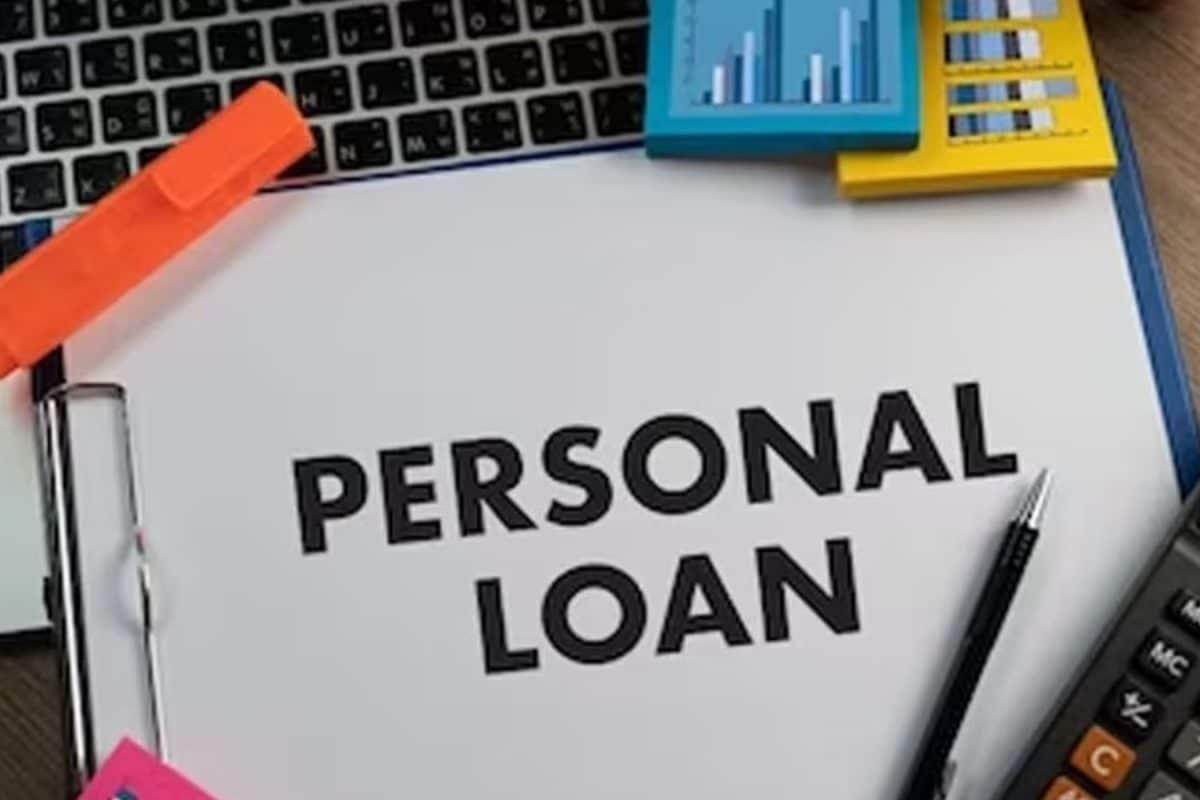Deciding whether to prepay a personal loan is a significant financial consideration with both advantages and disadvantages. Prepayment, also known as early closure or early settlement, involves paying off the outstanding loan amount before the end of the original repayment schedule. While it can accelerate your financial freedom and potentially save you money, it's crucial to understand all the implications before making a decision.
Pros of Personal Loan Prepayment
- Interest Savings: A primary advantage of prepaying your personal loan is the potential to save on interest costs. Interest is calculated on the outstanding principal amount, so reducing the principal early can lead to substantial savings over the loan tenure. The faster you pay off a loan, the less you will pay in interest. For example, if you prepaid the remaining $20,000 balance early on a $30,000 personal loan with a 10% interest rate and three years left on the term, you could save an estimated $6,000 in interest.
- Reduced Financial Burden: Prepaying your loan can significantly reduce your financial burden. By clearing your debt early, you free up your finances for other essential expenses or investments. Being free from the burden of debt can also lower stress and improve your overall financial well-being.
- Improved Credit Score: Paying off a loan early can positively impact your credit score. While closing the account might slightly affect credit mix or history length, the overall impact is usually positive. Timely prepayment of your loan improves your credit score by demonstrating reliability and restraint.
- Increased Monthly Income: By eliminating the EMI burden, you have greater financial freedom. You can use the extra funds for daily expenses, build an emergency fund, or save for retirement.
- Peace of Mind: Clearing your debt early provides immense peace of mind. Financial freedom and the feeling of being debt-free can contribute to a sense of security and well-being.
Cons of Personal Loan Prepayment
- Prepayment Penalties: Many lenders charge a penalty for early closure of a personal loan, typically ranging from 2% to 5% of the remaining amount. These charges can diminish the savings from early settlement. It is essential to check the terms and conditions of your loan agreement to see if it includes a prepayment penalty clause.
- Impact on Credit Age: Prepaying a loan can reduce your average age of accounts, which may negatively impact your credit age.
- Reduced Emergency Funds: Using a significant portion of your savings to prepay a loan can deplete your emergency fund. It's crucial to maintain a healthy emergency fund for unexpected expenses.
- Missed Investment Opportunities: Using a lump sum to prepay a loan might mean missing out on other investment opportunities that could offer higher returns. Weighing the potential returns from investments against the interest saved by prepaying your loan is crucial.
- Lock-in Period: Some banks/NBFCs have a lock-in period on the term (Min. 6 to 12 EMIs) during which prepayment is not allowed.
Making the Decision
Before deciding to prepay your personal loan, consider the following:
- Assess your financial situation: Evaluate your budget, cash flow, and other financial goals.
- Check for prepayment penalties: Determine if your lender charges prepayment penalties and calculate whether the savings outweigh the costs.
- Evaluate investment opportunities: Compare the interest saved by prepaying the loan with potential returns from other investments.
- Maintain an emergency fund: Ensure you have a sufficient emergency fund before using your savings for prepayment.
Prepayment of a personal loan can be a smart financial move if done at the right moment under the correct circumstances. If you have the financial capacity to prepay without affecting your liquidity and other financial goals, the benefits of interest savings and reduced financial burden can be substantial. However, understanding the terms and conditions and aligning them with your financial goals is essential.

